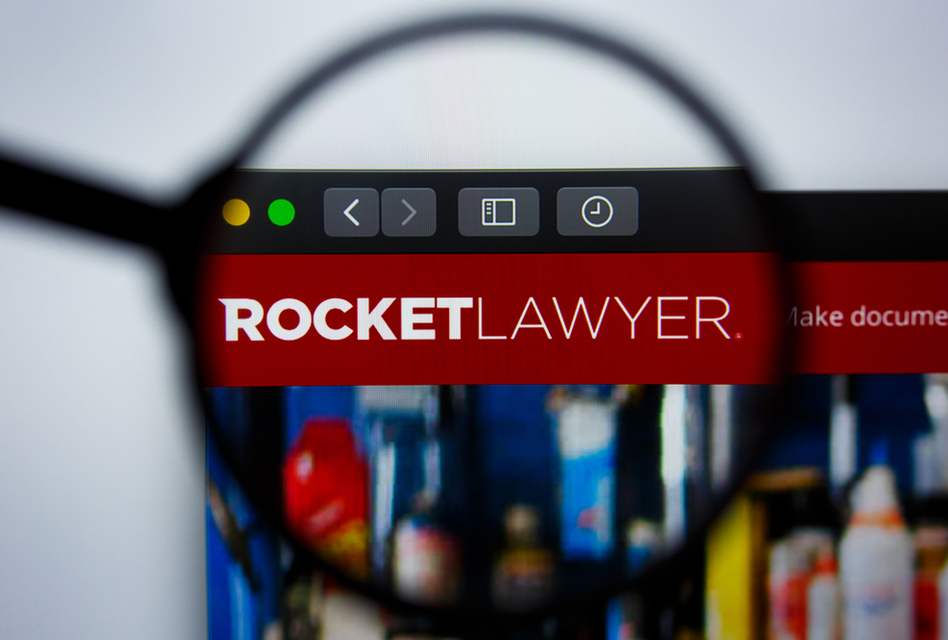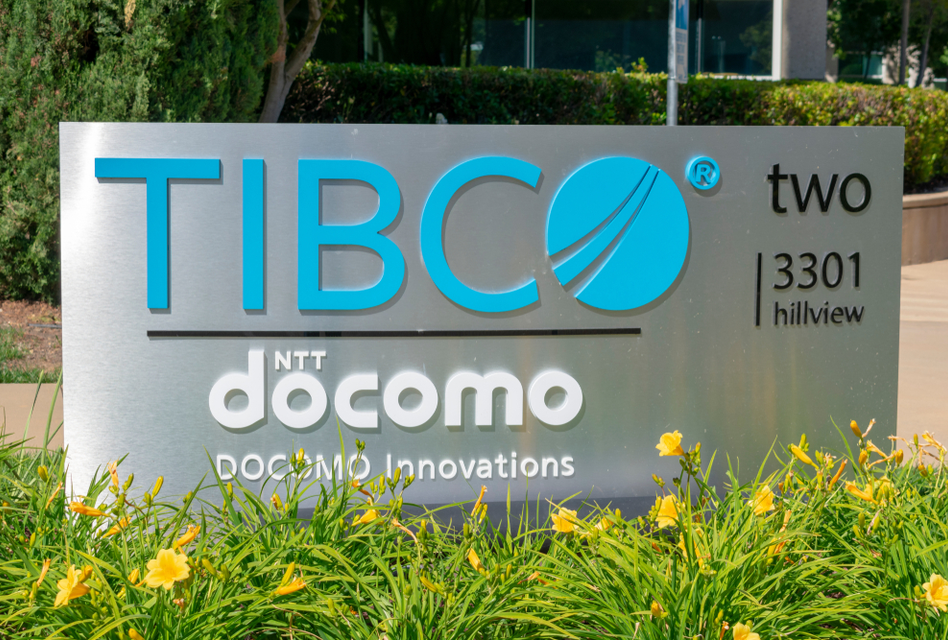Smart contracts have the potential to break traditional processes across the broad industry scope, including rental claims and legal agreements, thereby they were proclaimed revolutionary.
The idea of lines of code designed to make operations autonomous and remote looks like something baroque but only on the surface. In reality, the possibilities of smart contracts demonstrate the redundancy of today’s workflows and make the need for sea changes immediately apparent.
But what is the real picture behind this automation promise? What are the current smart contract applications, future possibilities, and actual barriers to adoption? Those are the questions of this article’s topic.
Companies that already Use Smart Contracts
Fizzy AXA
Entities involved: AXA
Project status: launched in 2018, the project now covers 80% worldwide, mainly in the US, Italy, and France.
Sources:Fizzy AXA website
Fizzy AXA offers flight compensations no matter the reason for a flight delay. Weather conditions, malfunctions, or other force majeure you can’t find in your flight insurance are compensated by smart contracts.
Smart contracts issue compensations based on triggering events. The rule is simple: if the flight is delayed for more than 2 hours or even canceled, the system automatically triggers compensations. To get compensation, you need to register in the system no later than 5 days before the planned departure.
Populous
Entities involved: Populous World
Project status: started in 2018, this London-based project is now publicly available.
Sources: Populous World website
The Populous platform eliminates risks of losing money from unpaid invoices. In a nutshell, an invoice seller indicates invoice terms in a smart contract. Then, an invoice buyer decides to purchase an invoice, places a bid on it, and finally specifies an interest rate.
After the seller confirms the bid and sells the invoice, the smart contract triggers payments for the buyer upon paying the invoice by a debtor.
Slock.It
Entities involved: Slock.it
Project status: with an MVP introduced in 2018, in 2019 the company was acquired by the Blockchains company, which allowed it to implement blockchain technology to its IoT-based solution. The project is currently in development.
Sources: slock.it website
Slock.it connects blockchain with IoT-powered electronic locks. Running on Ethereum smart contracts, the system can provide or restrict access to homes, rental apartments, or offices by remotely controlling smart locks on doors.
The company claims that its solution can be embedded in any smart object, from payment processors to bikes. The data from connected devices is sent to a blockchain. With smart contracts, you will be able to rent bikes, issue insurances, and receive payments. Upon meeting certain conditions, smart contracts will distantly open electric locks, issue payments, and perform other operations automatically.
Zether
Entities involved: Stanford University and Visa Research
Project status: in February 2019, the group released a white paper describing the project’s specifics. Zether is currently in development.
Sources: Stanford University Applied Cryptography Group website
The group of researchers from Stanford University and Visa Research claims to have invented a mechanism that increases the privacy of Ethereum smart contracts.
The project is a new smart contract on the Ethereum blockchain that can be executed either independently of other contracts or triggered by some of them. Such solution reportedly preserves the encryption as well as maintains transaction cryptography.
The creators say that Zether checks every transaction for cryptographic proofs, thus eliminating illegal transfers. Since they position Zether as an independent contract, even maliciously written third-party contracts cannot affect Zether’s performance.
Although the earlier ideas are still concepts, one can already see the great potential of Zether for Ethereum in its further development.
You may also like:
➔ 9 Real-life Blockchain and IoT Use Cases
Explore nine prominent examples of companies introducing solutions in which blockchain meets the Internet of Things.
Rocket Wallet

Entities involved: Rocket Lawyer
Project status: launched in 2018, now the project is at the closed beta stage.
Sources: Rocket Wallet website
Rocket Wallet is a service platform that automatically tracks the execution of contracts created and signed in Rocket Lawyer, a service for creating and signing legal contracts.
The platform reportedly runs on Ethereum, which allows for transparent ID and transaction verification and instant payments via smart contracts. So far, there is not much information available about the project, except for the fact that Rocket Wallet partnered with the OpenLaw blockchain startup and the ConsenSys investment firm, which made the integration of its platform with Ethereum possible.
LegalZoom
Entities involved: LegalZoom
Project status: in 2018 LegalZoom jointly with the Clause blockchain startup began testing smart contract technology on its platform.
Sources: LegalZoom website
The main rival of Rocket Wallet, LegalZoom is now also eyeing the ways to integrate its platform with blockchain. As a result of this endeavor, the company collaborated with the Clause blockchain company which already proved itself as a provider of smart contract technology for digital legal documents.
For LegalZoom this partnership is an opportunity to give users more control over their documents, let them integrate those with various online financial systems, and execute them securely on a blockchain.
EY Smart Contract Analyzer

Entities involved: Ernst & Young
Project status: in April 2019, the company announced the launch of its Ethereum-based project which is now at the closed beta stage.
Sources: EY website
EY, a world leader in insurance, tax, and advisory services, is now making strides entering the blockchain domain. After the successful launch and further maintenance of EY Blockchain Analyzer, the company has recently introduced EY Smart Contract Analyzer, a tool for detecting potential threats and vulnerabilities for smart contract execution and operations with digital assets.
The Ethereum-based solution will scan smart contracts and assets for security risks before their public release, namely as soon as they become available on the blockchain. For the tool, EY has reportedly composed a list of more than 200 tests covering such security aspects as spyware, malware spoofing, regulatory compliance audit, and others.
Besides the extant security checks, the tool will allow users to create own tests for Ethereum-issued digital assets as well as test issued tokens for most likely transaction scenarios in the real-life Ethereum environment.
Project Dovetail

Entities involved: Change Healthcare & TIBCO
Project status: in 2018, the companies announced a partnership to integrate Change Healthcare’s blockchain technology with TIBCO’s smart contract solution.
Sources: TIBCO website Change Healthcare website
In 2018 Change Healthcare, a US-based healthcare software development company, and TIBCO, a smart contract developer collaborated to bring smart contract technology to healthcare. The aim of this collaboration was to automate transactions on TIBCO’s Project Dovetail network by using smart contracts.
Through smart contracts, users will be able to make healthcare-related payments and remittances as well as issue claims and perform other operations much faster and more efficient than before. Additionally, developers are planning to provide outside creators and enthusiasts with a necessary toolset for building own smart contract applications on virtually any blockchain.
Other Smart Contract Applications
From actual examples to potential use cases; let’s walk through the most prominent ones.
- Asset exchange — in fact, smart contracts might protect users from exchange rate fluctuations. That is, they can initially define the maximum and minimum values for exchange operations.
- Land title management — smart contrasts might help landlords to combat unscrupulous tenants by remotely locking apartments from the latter ones.
- Self-driving trucks — self-driving cars running on smart contracts could perform deliveries, pay toll fees, buy electricity — all without human intervention!
- Autonomous governments — imagine an entirely autonomous state with government services and institutions regulated and powered by smart contracts.
- Autonomous societies — distributed communities establish rules and agreements of trade, insurance, dealerships, and other operations via smart contracts.
Autonomous E-commerce: Future Face of the Industry?
As a sector with distributed and sophisticated infrastructure, e-commerce is a perfect spot for smart contracts. But how smart contracts can streamline e-commerce operations and make them autonomous in practice?
Think of an automated supply chain. Self-driving trucks transport goods to distribution centers, where specialized robots sort and sent them to delivery drones. The drones then deliver sorted supplies to end customers.
If a return is needed (for wrong size, damaged condition, or some other reason), a customer puts the package at the designated spot, and a drone then picks it up and returns to a distribution center.
Sounds too futuristic? Nevertheless, all this is already possible. But what part smart contracts can have in all this? In fact, significant; each step of the earlier process can be controlled and executed by smart contracts, each having an unalterable set of initially defined rules to match. As a result, the whole process could become completely automated and thus, autonomous.
Why Smart Contracts haven’t Gone Mainstream yet?
Despite all this enthusiasm around smart contracts, the phenomenon still has a way ahead to mass adoption. Below are the main reasons.
Backlash Towards Digital Assets
Smart contracts work well with digital assets because of the digital nature of both. So far, it is hard to imagine how things might go with fiat money.
Compliance Issues
It is practically no point of using smart contracts in trusted environments like a single organization where parties trust each other. Rather, the primary purpose of smart contracts is to facilitate interactions and guarantee obligation fulfillment between distributed parties who do not know each other.
Unfortunately, many of these “parties” still view smart contacts with suspicion and are trying to figure out ways for their regulation.
Regulatory Challenges
Speaking of regulations. Governments around the world now think how exactly smart contracts should be regulated and taxed, which adds more obstacles on the way to adoption.
Yet too Much to Accomplish
For businesses, moving to smart contracts means radical changes. No more intermediaries, paperwork, banks, and regulatory authorities, but is everyone ready to trust all these roles to a piece of code? And if yes, how long will it take? The questions for consideration.
Parting Thoughts
No doubts, we are standing on the verge of the new digital revolution. The same way as the internet became the revelation to the world in its time, smart contracts are going to impress enterprises and SMEs by their automation capabilities.
At some point in their evolvement, smart contracts might become a part of every organization, but this is a look into a far distant future. For now, smart contracts are still nascent, but their potential looks promising and makes the most optimistic predictions closer to reality.
You may also like:
➔ Top 10 Major Companies Using Blockchain
Find what big players already utilize blockchain technology, building brand-new, innovative future.





Blockchain Insights
Join our mailing list to receive OpenLedger Insights publications weekly.
Thanks! Please check your inbox to verify your email address.
By clicking “Subscribe”, you’re accepting to receive newsletter emails from OpenLedger Insights every week. You can easily update your email or unsubscribe from our mailing list at any time. You can find more details in our Privacy Policy.